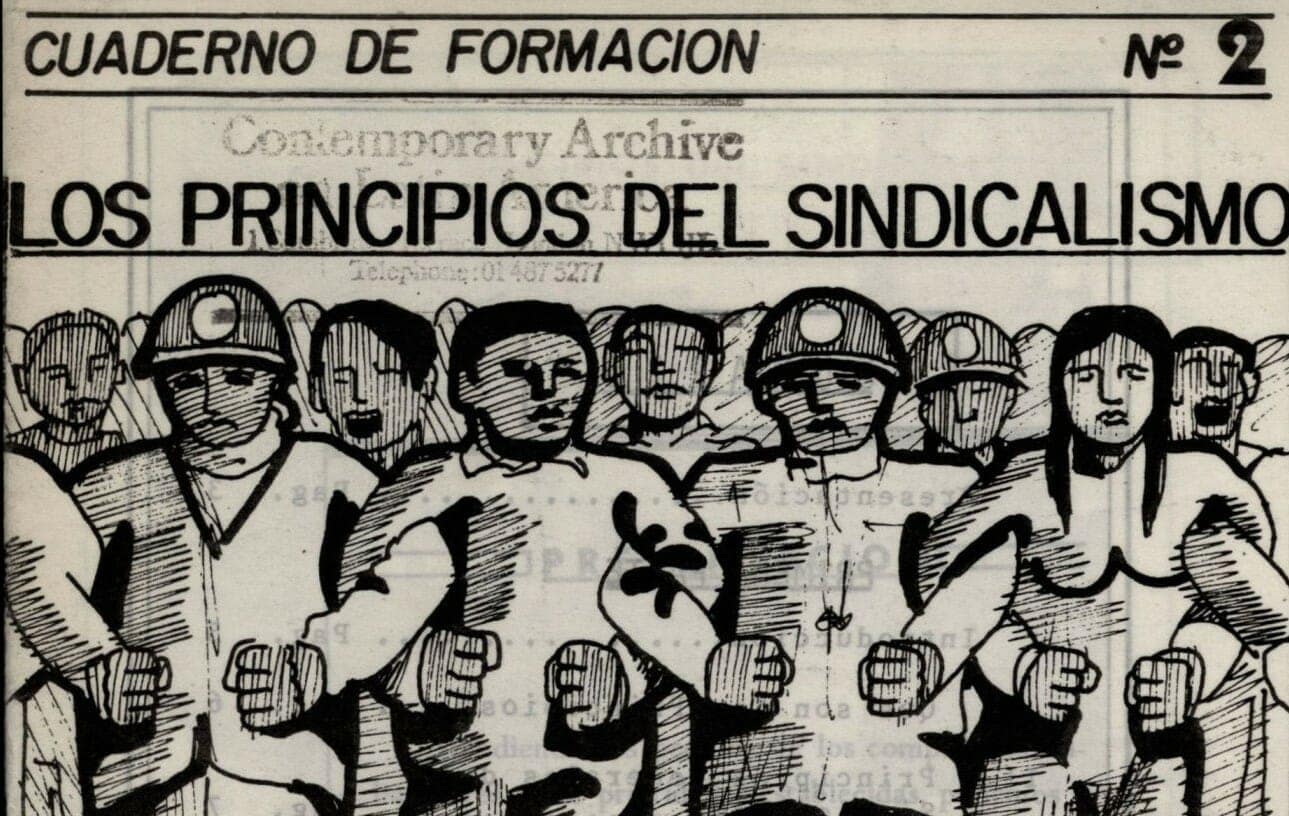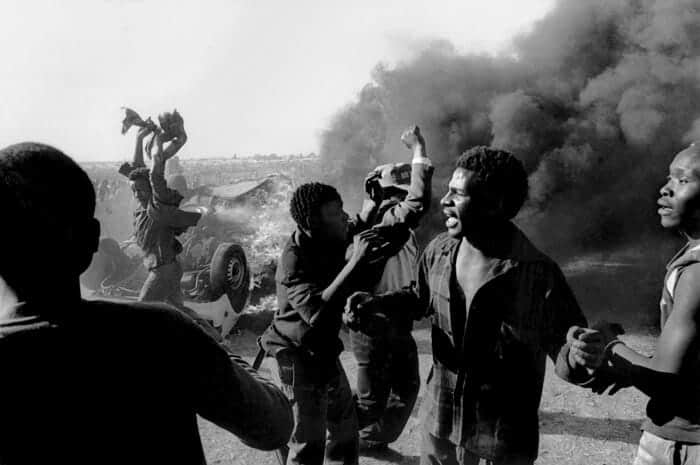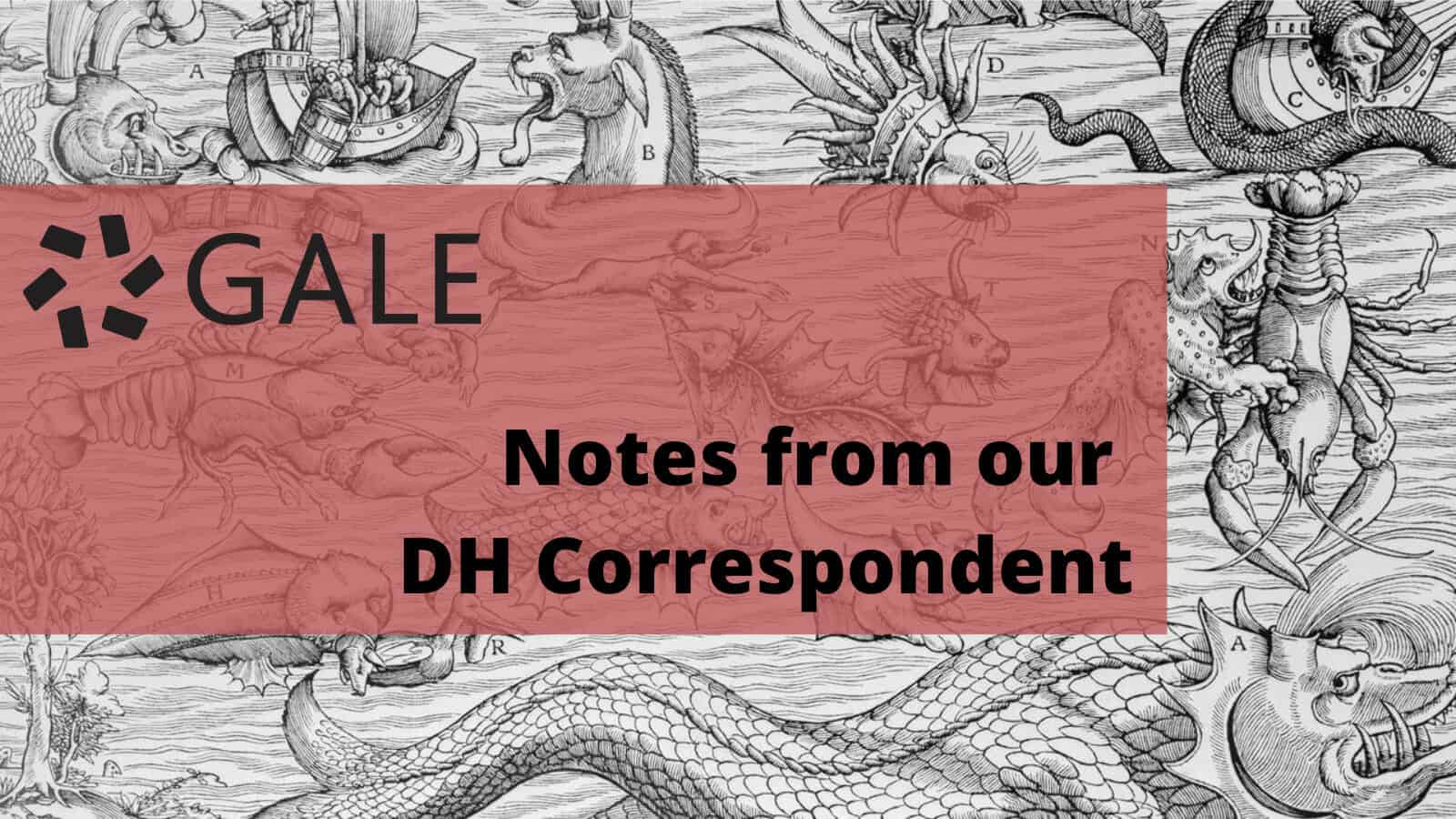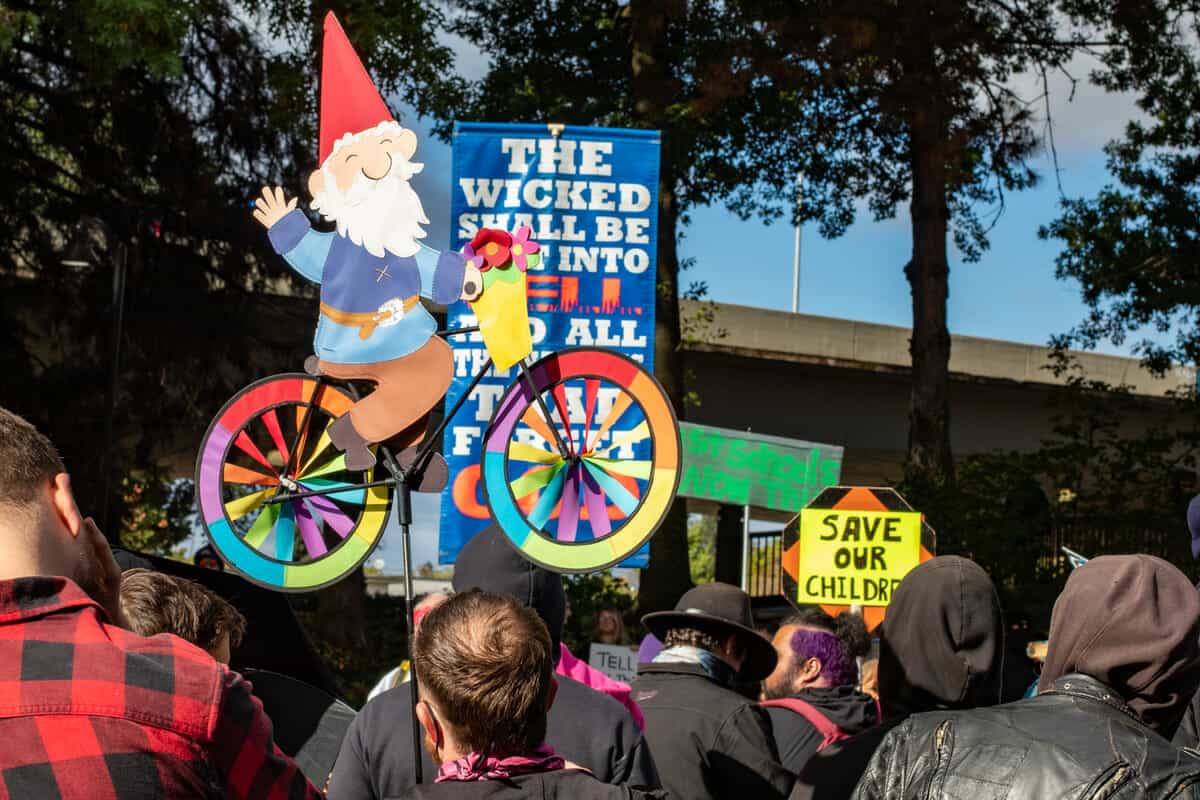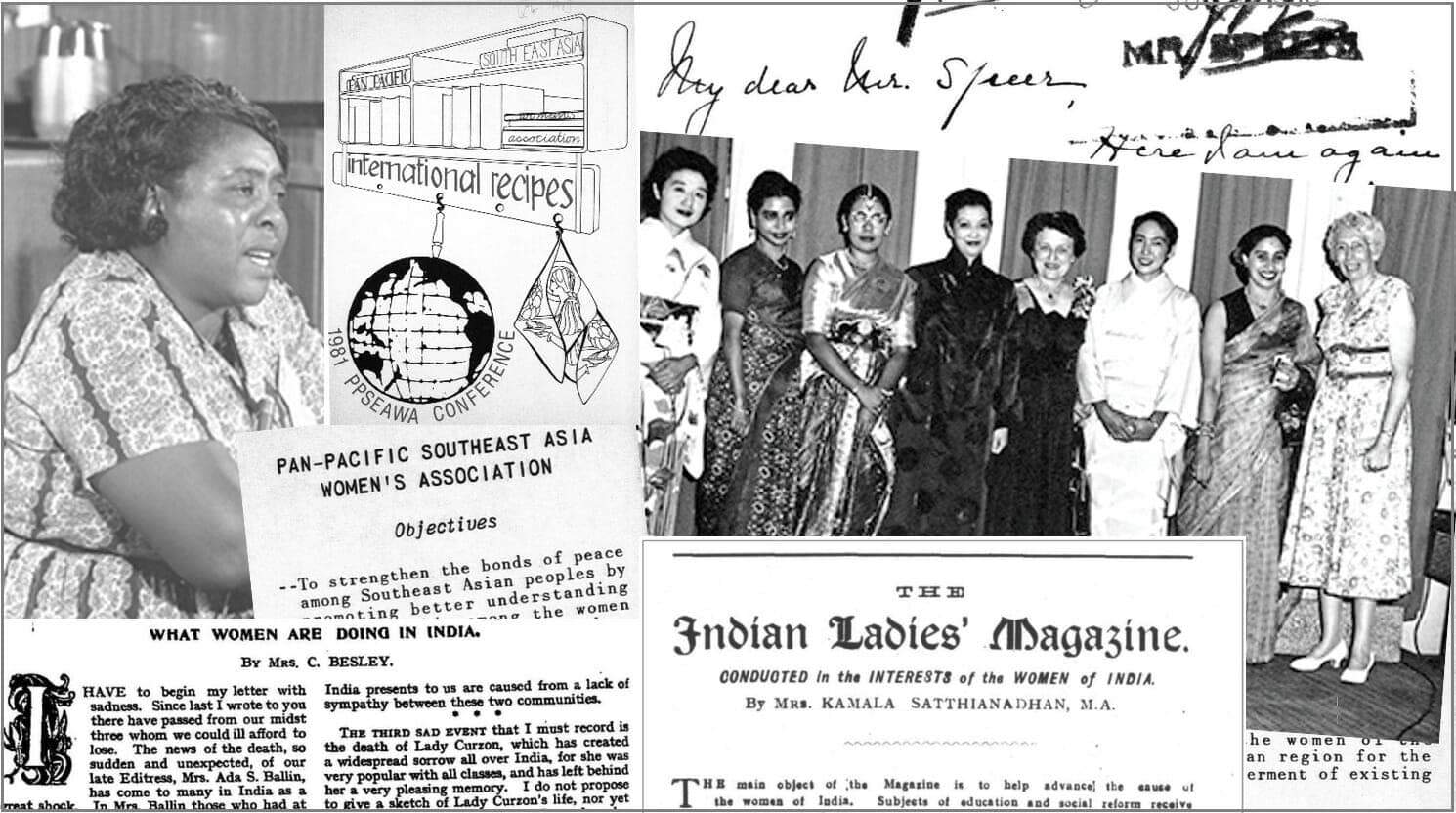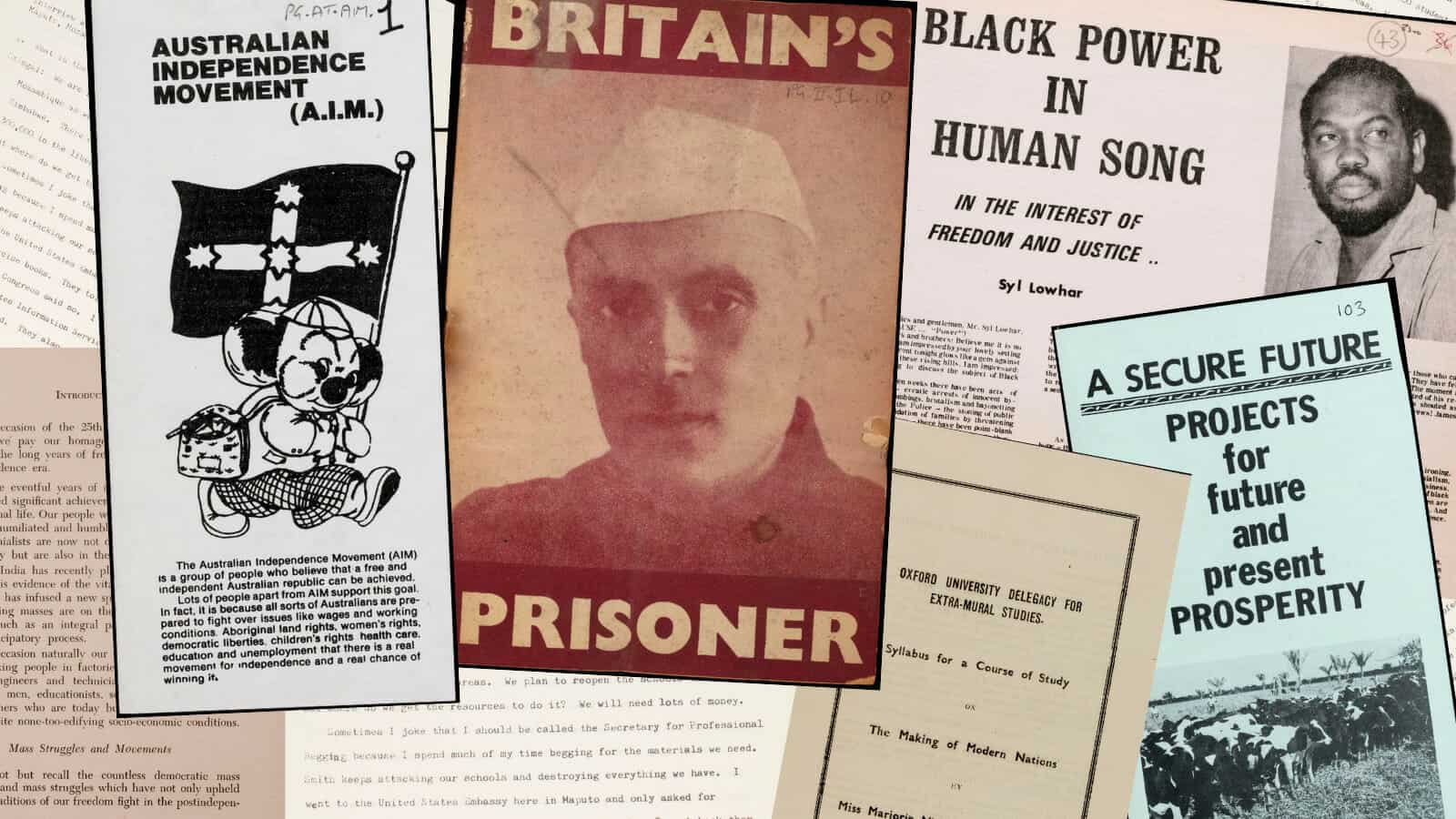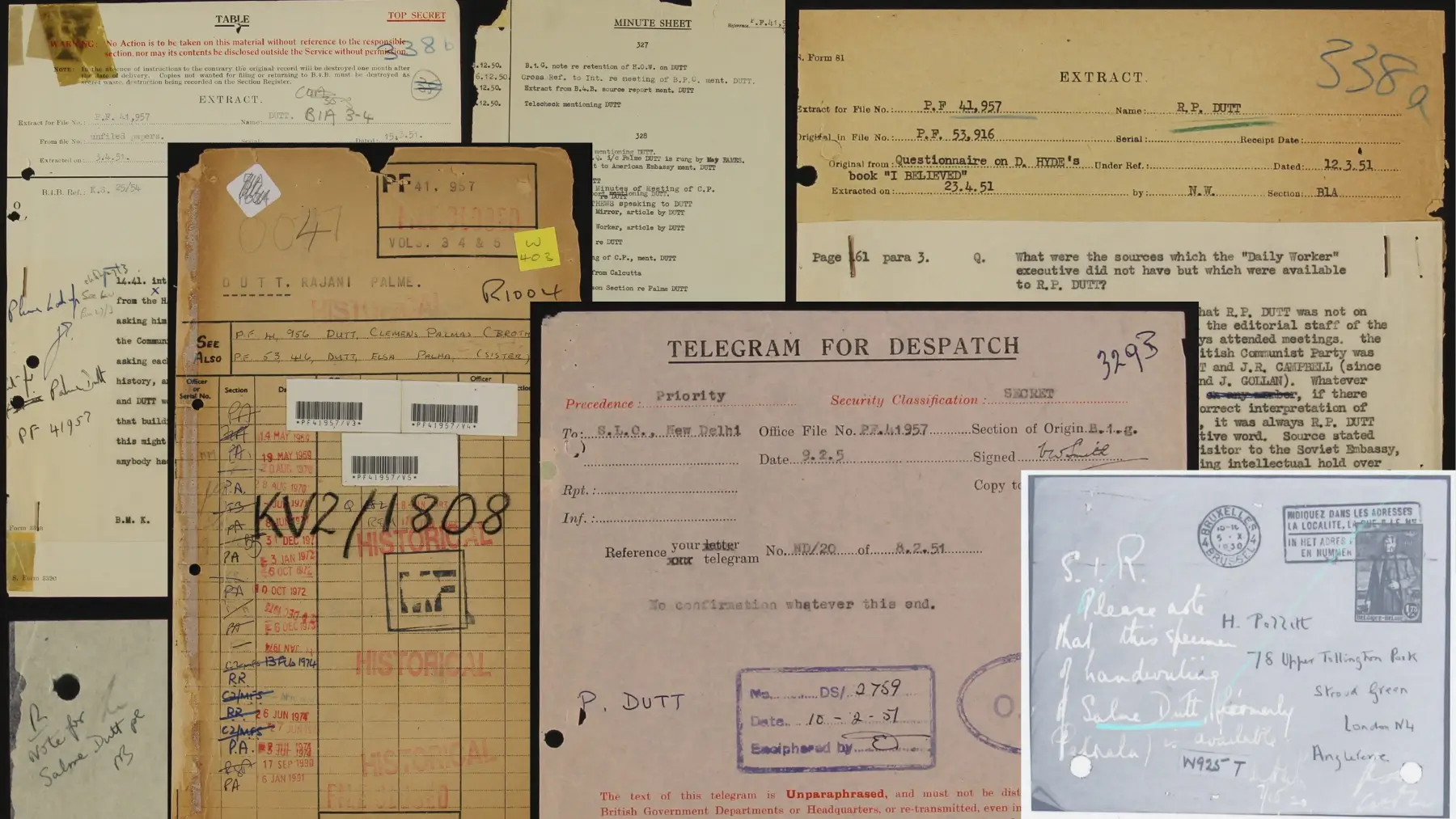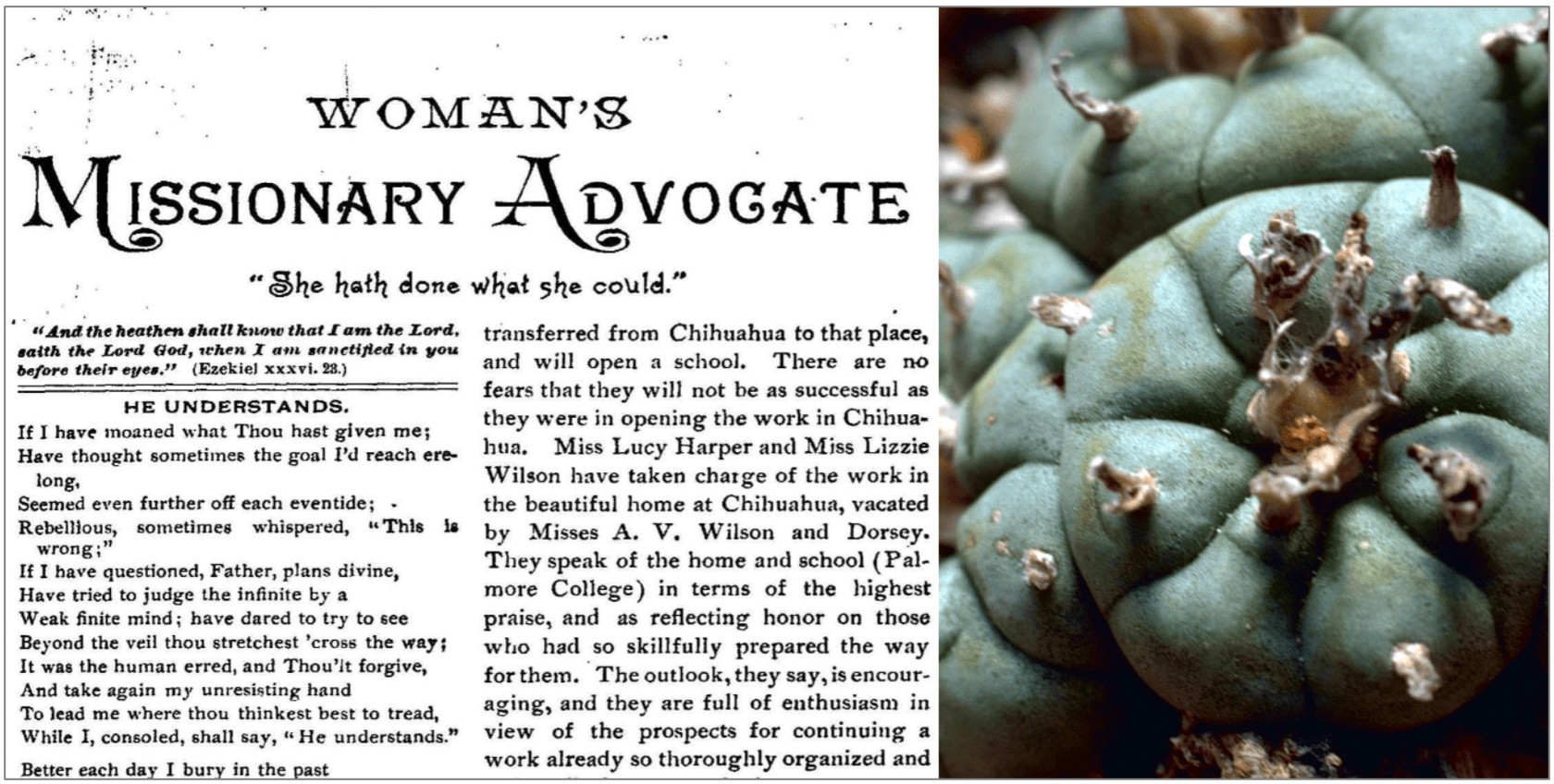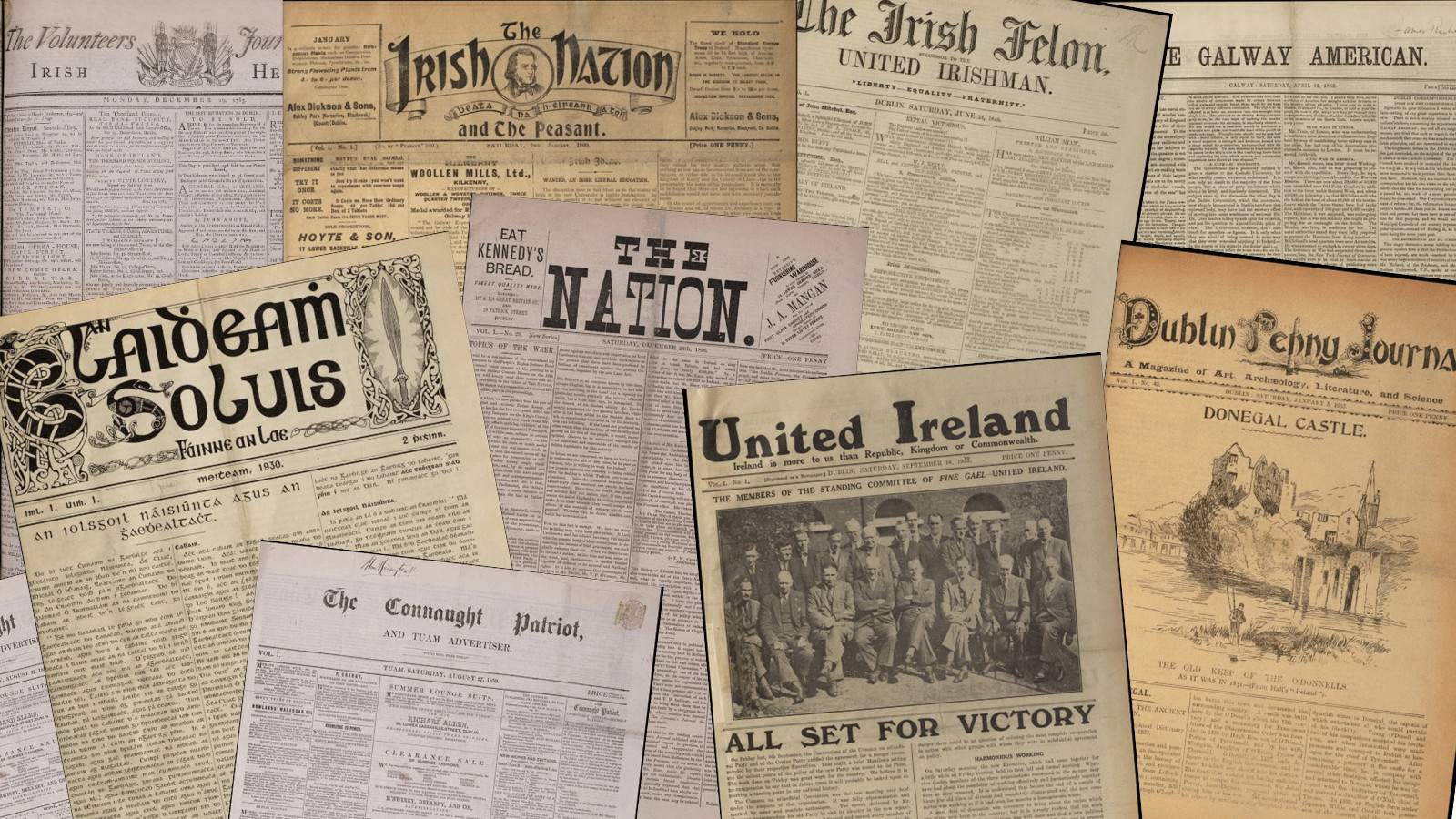│By Emma Harris, Associate Editor, Gale Primary Sources│
Global Communist and Socialist Movements is the third instalment of the award-winning Political Extremism and Radicalism series. For researchers interested in the workings of radical thinking, rhetoric, and twentieth century politics, this module offers a broad scope of material on left-wing thinking and political ideologies such as Marxism-Leninism, Maoism, Trotskyism, and anarchism, adding to the material on far-right groups and some areas of the far left already in the Political Extremism and Radicalism series.
This module provides excellent international coverage, including material from the USA, UK, Europe, Latin America, and South Africa. This grants researchers the opportunity to study the historical trajectories of left-wing radical movements across the globe, considering how these groups saw themselves, as well as the reactions of the capitalist nations in which they emerged. The twenty-one collections digitised from eight source libraries contain approximately 870,000 pages, with documents ranging primarily from 1880 to 1960.

